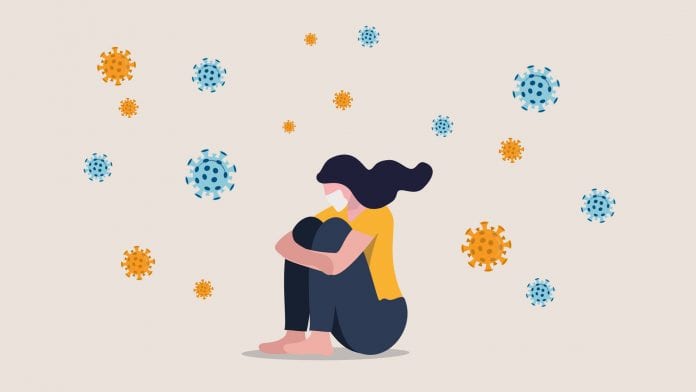
An online survey launched by the National Institutes of Health-supported (NIH) Rare Diseases Clinical Research Network (RDCRN) aims to find out how the COVID-19 pandemic is impacting individuals in the US with rare diseases, their families, and their caregivers.
For the millions of people living with a rare disease, the novel coronavirus disease, COVID-19, presents challenges, from potential reduced access to needed medical care to possible heightened anxiety and stress. Results from the NIH survey will help the rare disease research community shed light on the needs of people with rare diseases during the COVID-19 pandemic and other potential health crises, in addition to informing future research efforts.
COVID-19 and rare diseases
Though individually rare, affecting only a few hundred to several thousand people, rare diseases collectively affect an estimated 30 million people in the US alone. Many rare diseases are life-threatening, and about half of those affected are children.
The research survey, developed and led by the RDCRN Data Management and Co-ordinating Center at Cincinnati Children’s Hospital Medical Center, is one of the first efforts nationwide to quantify the impact of a health crisis on the rare disease community, and is seeking responses from at least 5,000 people with a rare disease or caring for someone who has a rare disease.
The survey will be distributed online to participants. In addition, some RDCRN-funded scientists plan to incorporate survey results into natural history studies, which follow patients to chart the progression and course of a disease. The survey is open to anyone with a rare disease, along with family and caregivers, and is not limited to the diseases studied within the RDCRN.
Anne Pariser, M.D., director of the NCATS Office of Rare Diseases Research, which oversees the RDCRN, said: “As a leader in fostering innovative, collaborative clinical research to improve the lives of individuals with rare diseases, the RDCRN is uniquely positioned to carry out a survey like this. The network has the necessary infrastructure, disease expertise, and access to patients through patient organisations to find answers to important questions.”
RDCRN Programme Director, Tiina Urv, said: “People affected by a rare disease, and families and caregivers, initially asked how to avoid the virus. Then they became concerned about access to medicines and maintaining medical care during the pandemic, and the status of clinical trials. They were concerned about meeting the medical challenges that they face every day. We were hearing enough anecdotally that we wanted to get a clearer picture of the problem.”
Assessing the impact
Questions in the research survey focus on a range of topics, from a patient’s ability to get proper care for a rare disease or condition to mental and emotional health. The survey asks what their concerns are as a person with a rare disease, or as family members and caregivers. Groups of people with different rare diseases and the community will have different needs and concerns, whether it is how to get needed medications or physical therapy to navigating an emergency room in a medical crisis.
“We hope the study questionnaire will help us better estimate the proportion of rare disease patients who have been diagnosed with COVID-19, and find out how they are affected whether or not they had COVID-19,” said project principal investigator Maurizio Macaluso, at Cincinnati Children’s Hospital. “This survey provides an opportunity for the rare disease community to get timely data on the challenges they face.”
The researchers also think the survey data may help them tease out answers to many other questions. For example, do some subgroups of people with rare disease fare better or worse with the virus? Are certain individuals more prone to infection because of their underlying rare condition or disease?
For more information on the RDCRN COVID-19 survey, including how to participate, please click here.






















